

AI in Project Management
Smarter Planning. Better Delivery.
AI is transforming project management boosting efficiency, predicting risks, and freeing teams to focus on strategy, innovation, and human collaboration.
Elevate
Projects: The AI Revolution
Ever felt a wave of pressure because of deadlines, difficult tasks
and endless meetings? You’re not alone
and that’s totally normal to feel that way. The task of managing projects
involves carrying a heavy burden to achieve positive outcomes and maintain high
levels of teamwork. Imagine in the future, tasks flow automatically, risks can
be seen down the road, and your team's collective intelligence is enhanced. The
use of AI in Project Management is not a distant dream; it's the real world.
The effective integration is transforming the way we approach, execute, and
track projects, leading to increased efficiency and enhanced teamwork at all
levels.
The objective is to utilize advanced technology to get ahead of
problems before they arise and guarantee the proper utilization of resources.
Project managers can make the most of this change to free up time, enabling
them to prioritize strategic leadership and foster innovation within their
teams instead of being consumed by the usual responsibilities.
The Growing Burden on Today's Project Managers
The demands of being a project manager in today’s super competitive
market have never been greater. Not only do they handle task supervision but
also the coordination of complicated projects, navigating the requirements of
various stakeholders, and cope with persistent, often unexpected, change. Many
of their time is spent in repetitive manual work, including precise record
keeping, constantly updating spreadsheets, and chasing minor status reports.
Not only does this drains time and energy, but it also diverts attention from high-level
direction, resulting in widespread operational inefficiency.
Moreover, the vast amount of data is so disorganized that it's
extremely difficult for human managers to predict project risks and deciding
who does what and with what. A tendency towards reactive behavior is common among
teams, leading to the constant "fighting" of fires instead of
preventing them. Despite the use of modern communication channels, breakdowns
in communication between groups can still happen, and hinder team collaboration
by not providing important updates. The sheer scale of how deeply linked
everything is within a project, combined with constant time-consuming
challenges has made it impossible for PMs to maintain team productivity and
productivity, making traditional management methods ineffective.
The Dawn of Augmented Project Intelligence
The growing pressure on project managers is not a failure of human
capacity, but rather rooted in misunderstanding how to manage the big amount of
modern project data with respect to the boundaries of our own minds. Why? With
the growth of increasingly global, seamless and complex projects, information
flows at a faster pace and in greater quantity than any human brain can process
or make sense of it all. The essential fact is that the traditional, manual
methods are no longer enough to handle the rise of " big data" in project
management.
From a scientific perspective, AI thrives in
areas where human capacity diminishes. Even experienced project professionals
cannot handle the immense workload of artificial intelligence, which primarily
involves machine
learning algorithms pattern recognition, anomaly detection, and predictive modeling
across large datasets. It's not about replacing human intuition, but rather
enhancing it. The ability to analyze past project data, identify subtle
patterns that affect results with complex connections, and provide accurate
data-based forecasts for risks/timelines/resource requirements is a significant
advantage provided by AI tools. By moving beyond reactive response, project management becomes more
strategic. Why? The focus of this approach is on augmented intelligence, where
AI takes charge of all number crunching and data analysis tasks, freeing
project managers from the draining task of reinforcing their own human-like
activities such as leadership, problem-solving, stakeholder involvement, and
team spirit. Strong evidence and strong intuition are key to guiding projects
towards success, as PMs can provide project guidance without relying on past
experience.
As we have covered this far, the reality is clear: The requirements
for project managers are changing with the tools and techniques being developed
to meet them. The overwhelming amount of project data and complexity associated
with it can be too much for even the most experienced professional, resulting
in strategic oversight becoming a constant battle against manual tasks and
Information stuck in separate teams/departments. But this is not a dead end,
it's an important moment.
It's not just the use of AI in project management that is becoming
more common, but a major advancement towards technology that helps us think
better and faster. The aim is to empower you to recover time, forecast risks
with greater precision, allocate resources more efficiently, and achieve truly
seamless teamwork. Consider leading projects where important insights are
proactively provided, the never-ending paperwork simply disappears, and
focusses on the human components of success: leadership/innovation/teamwork. The
future of project management will be not only more efficient, but also more
intelligent, strategic, and human-friendly. Consider how this dependable
partner can make your next project stand out from the crowd and achieve great
success.
Comments






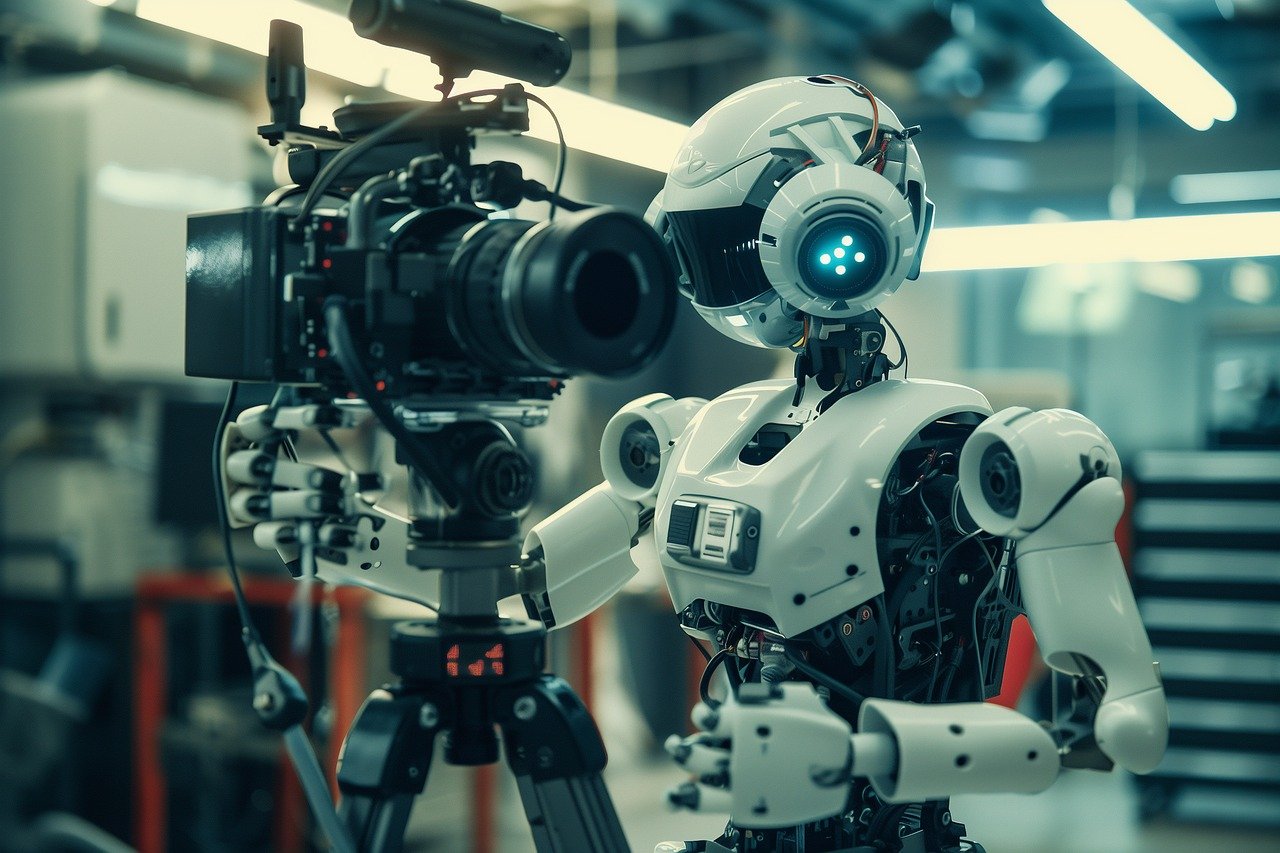
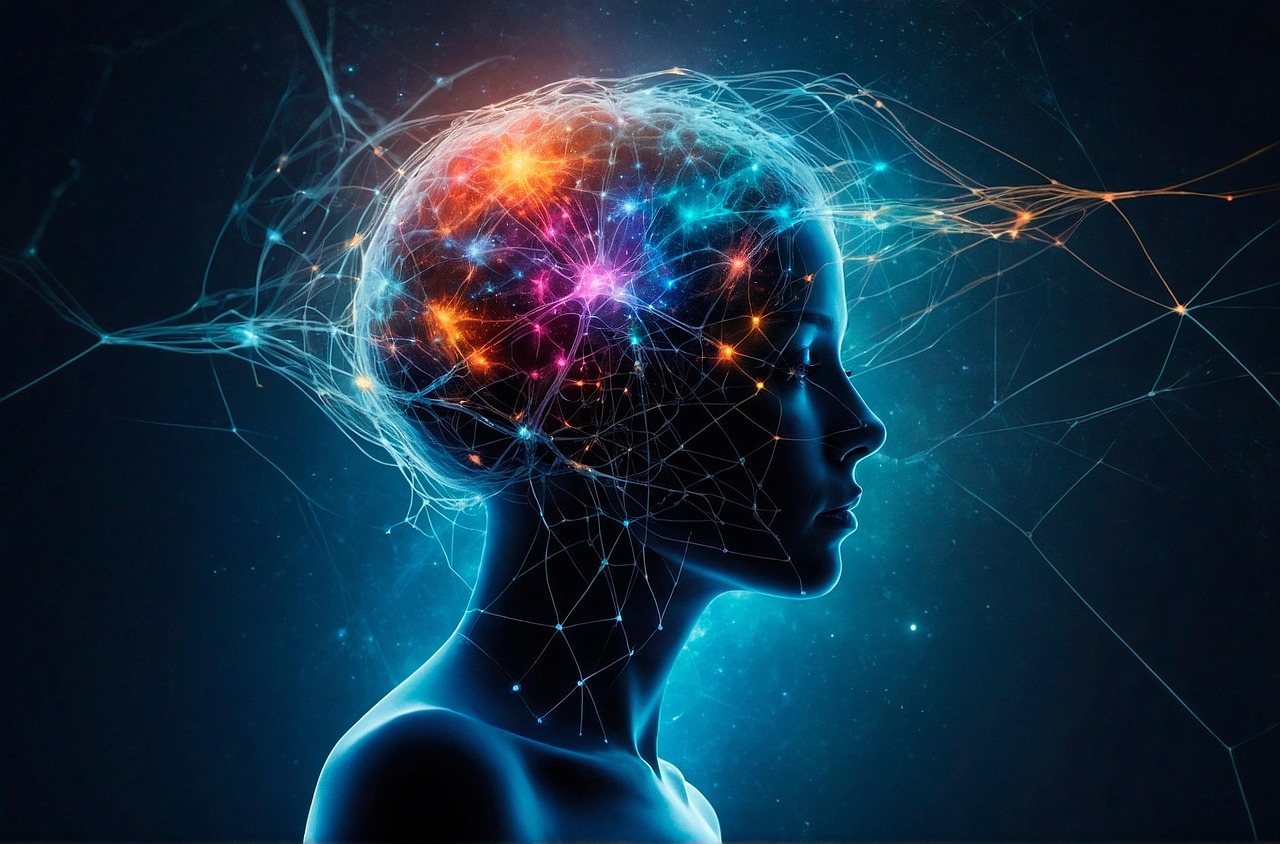
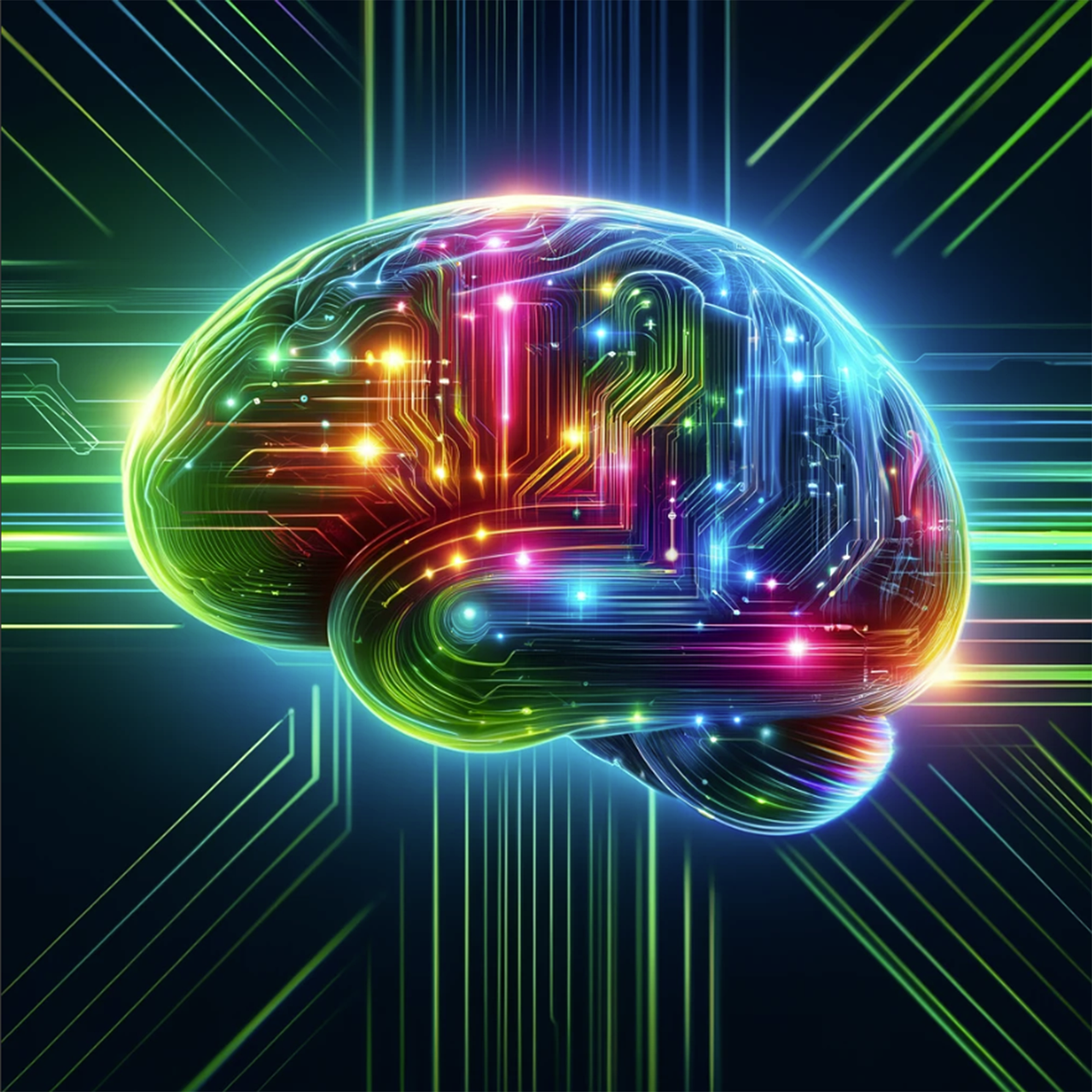
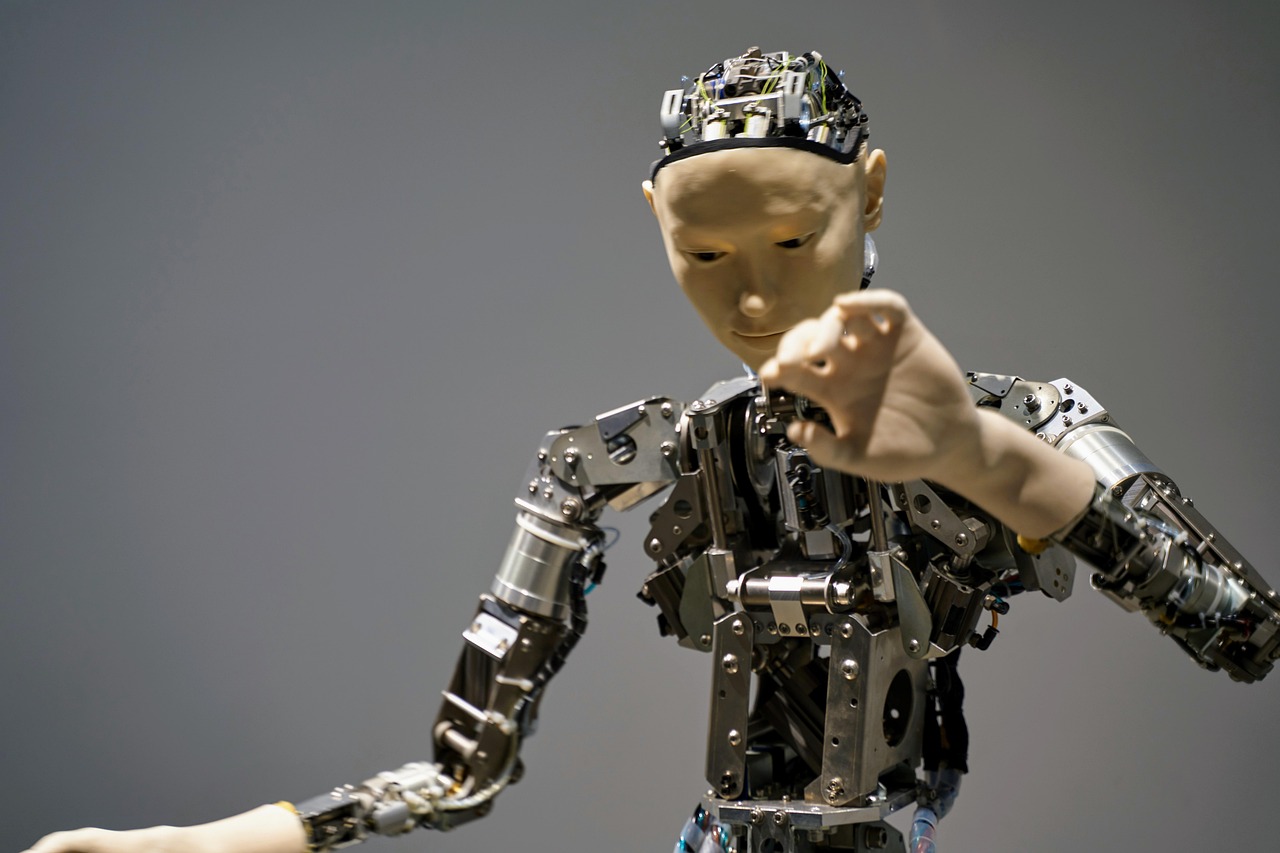

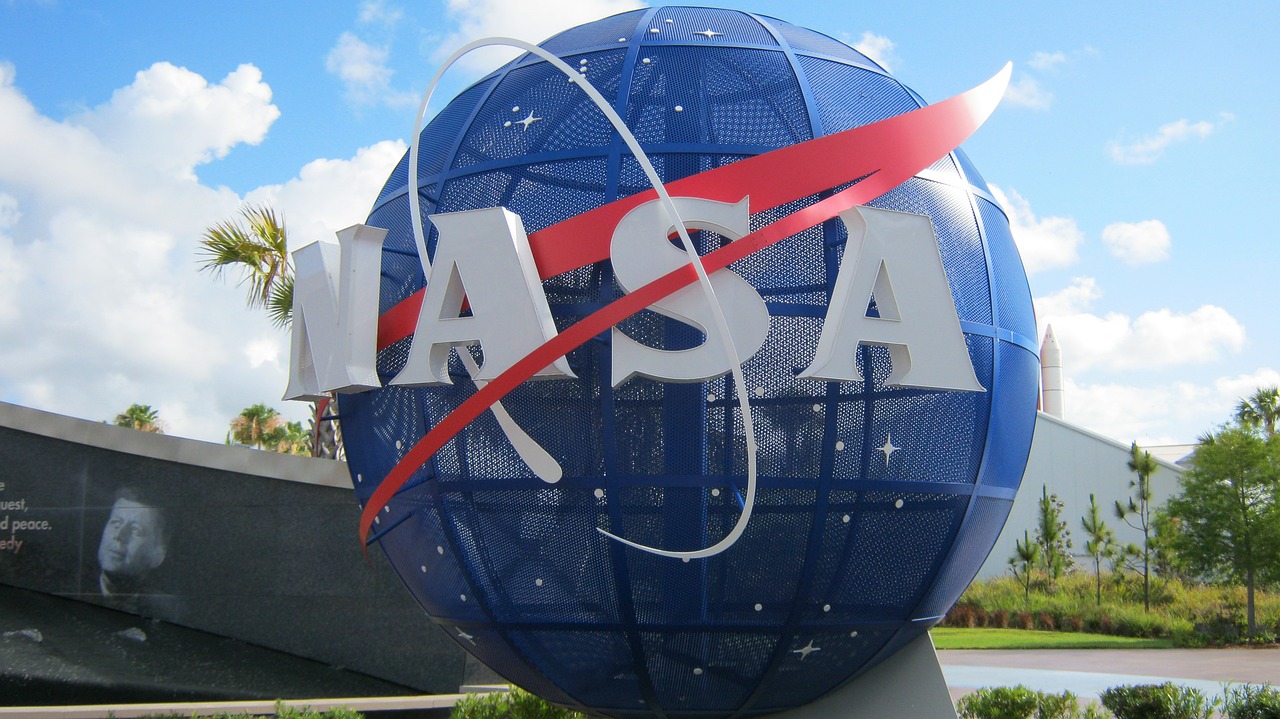










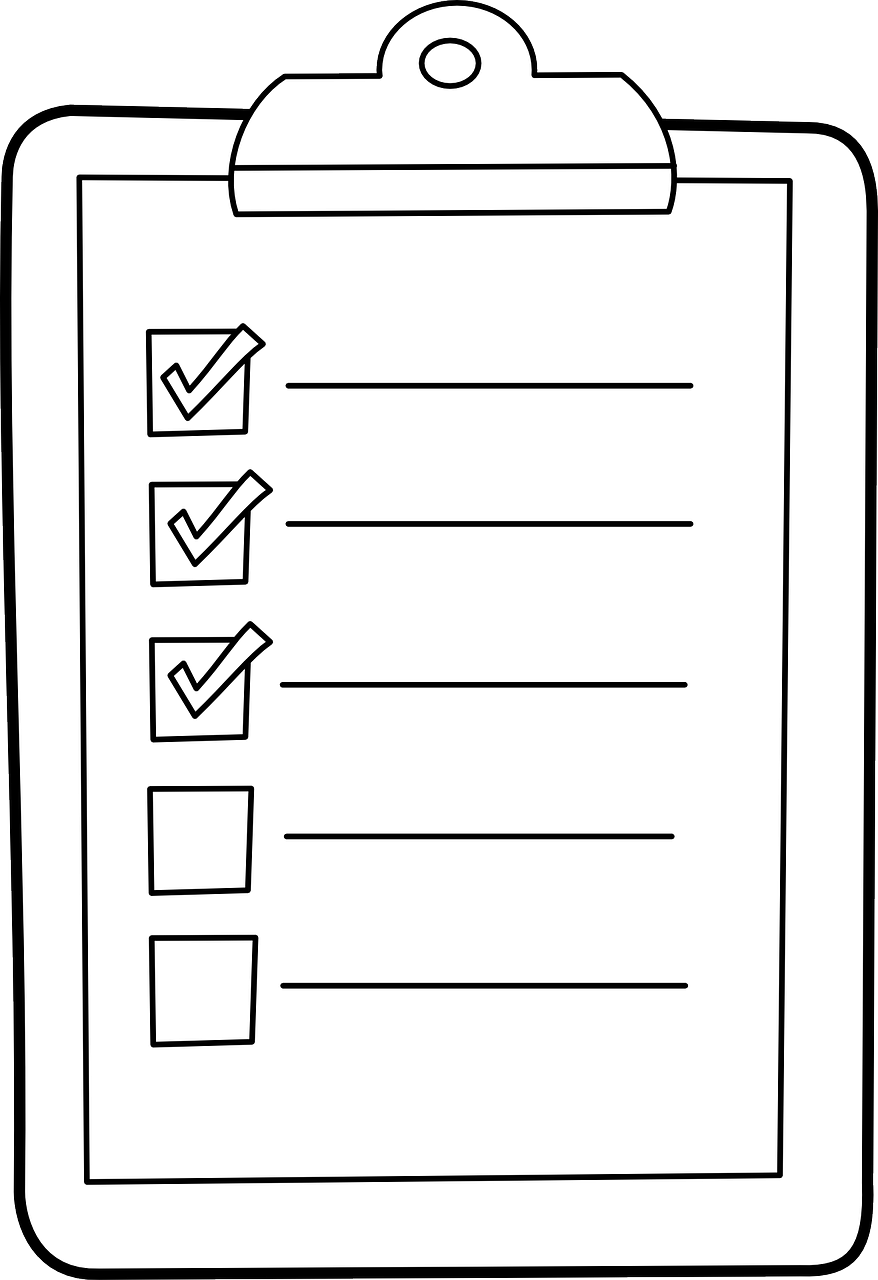


Reply to Comment